Are you looking for simple ways to make cooking easier, quicker and less stressful?
If so, here are 10 game-changing tips to use next time you're in the kitchen.
How to make cooking less of a chore
- Picture this: you've just arrived at home after a long day and have no idea what you're going to make for dinner.
- You notice a bowl of fresh produce staring at you from the counter but you feel tired, intimidated and uninspired.
- Maybe you didn't take any meat out of the freezer last night or your pantry is looking especially empty and you're just not sure what to make.
- You ran out of time to grocery shop and those takeout menus in the top kitchen drawer are just screaming your name.
- It happens to all of us, and for good reason!
- Cooking isn't something we all love to do or have endless time for, but the good news is it doesn't have to be complicated!
- There are ways to make cooking easier, quicker and less stressful - especially during the week.
- With a little practice, planning and recipe inspiration, you'll be making simple and delicious meals with confidence!
Here are my best tips for making cooking easier:
- Plan your meals and make a grocery list
- Keep a well-stocked kitchen
- Keep basic cooking equipment on hand
- Practice your knife skills
- Prep food ahead of time
- Take advantage of pressure cookers and slow cookers
- Utilize simple recipes
- Repurpose leftovers
- Involve family and friends
- Find recipes you love
How to Make Cooking Easier
1. Plan your meals and make a grocery list
- Of course, meal planning and making grocery lists comes to mind first.
- If you're not a big meal planner, you can simply focus on the groceries part, making sure to purchase items that you typically enjoy eating like grains, proteins, veggies, fruit, and anything else you may need.
- Trying a new recipe out? Write the ingredients down before you head to the store!
- If you are meal planning, this will help guide your grocery list and get things in place ahead of time so when it comes to cooking, you have a plan and know exactly what to do.
2. Keep a well-stocked kitchen
- Having a well-stocked pantry, refrigerator and freezer goes a long way.
- Not sure what you truly have on hand? Take inventory and write everything down.
- Run out of a staple like cooking oil or salt? Write it down!
- The more prepared you are with ingredients you'll use in your cooking, the easier it will be.
- Pantry items like oats, flour, rice, pasta, canned beans and tomatoes, tuna and spices are often the base of recipes, are shelf-stable and inexpensive, so load up!
- Things like frozen fruit, vegetables, meat, fish and seafood are great to keep in the freezer for meals and snacks.
- And foods like eggs, yogurt, condiments, fresh fruits and vegetables and cheese are good to keep in the refrigerator as well.
- If you're not sure what to stock up on, check out this post with ideas and pantry-friendly recipes.
- You can also check out my ultimate pantry guide to help you get started on stocking your pantry!
3. Keep basic cooking equipment on hand
- Once you have the ingredients on hand, you need to have the right equipment for the job.
- Think about what processes you'll use when cooking from prepping the ingredients all the way through cooking, eating and storing them.
- It helps to read the recipe you're making ahead of time so you know what equipment to get out.
- This includes items like cutting boards (at least one for meat/seafood and one for produce), knives, silverware, dishes, pots and pans, baking sheets, cooking utensils, storage containers, and more.
- To get some ideas, here are some of Julie's favorite tools. You don't need anything fancy. A few basic tools will set you up for success in the kitchen.
4. Practice your knife skills
- So, you have the knife and cutting board... but how are your knife skills?
- Most of us don't get proper training in this area, yet it can make such a huge difference in your efficiency.
- It can also seem super intimidating to chop up an eggplant or butternut squash if you haven't practiced.
- Once you know how to chop certain foods the properly, it becomes quick and easy. Truly, this one can be a game changer in the kitchen.
- Don't be afraid to Google "how to chop _____" -- take some time to watch, learn and practice!
5. Prep food ahead of time
- Whether you have a meal plan in place, or you're going with the flow, preparing food components like grains, produce and protein ahead of time can be a huge time-saver.
- Some grains you can easily cook and store are rice, quinoa and pasta.
- Protein options could include chicken breasts, beef, pork, seafood and fish, or even plant-based options.
- Once you have them prepped, store them in the fridge until you're ready to make the entire meal. You can also wash and chop veggies you plan on using days in advance.
6. Take advantage of pressure cookers and slow cookers
- Slow cookers and pressure cookers - thank goodness for the Instant Pot (affiliate link) have made things a million times easier in the kitchen.
- If you have these wonderful pieces of equipment stored away, don't forget to get them out and use them often!
- Soups, stews, casseroles, rice dishes and roasts are just a few meals that are perfect for making in the slow cooker and Instant Pot.
- And the great news is it'll free you up to do whatever you want while these machines do the cooking for you!
My Simple Soups Cookbook has a ton of Instant Pot soup recipes!
7. Utilize simple recipes
- No need to get fancy, you guys. Putting together a simple, balanced meal can be quick and easy if you have a few back pocket recipes and a handful of cooking skills!
- Some cooking methods are easier and quicker than others (and use fewer dishes!).
- Think one-pot meals, sheet pan dinners, minimal ingredient recipes (5 or less, for example), make-ahead options, and even freezer-friendly meals.
- All of these are keywords that can help you search for simple recipes that will work for you. I have an entire section of "quick and easy" recipes to get you started.
- If you're comfortable whipping things up on your own, think about how you can simplify by reducing the amount of cooking methods or ingredients you're using.
8. Re-purpose leftovers
- Leftovers can be helpful in two ways. The first is simply to be eaten.
- If you love leftovers as much as I do, this means making bigger batches of meals so they can feed you for days to come.
- The second way is to re-purpose them into brand new dishes.
- For example, if you had potatoes or a certain veggie for dinner and have a bunch of them leftover, you could throw them in a new soup, a burrito, stir-fry, or even on top of greens. Think about how you can add new flavors to the meal.
- The same can be done with veggies and protein that you've cooked up earlier in the week.
- If you have an open can of beans or pumpkin, for example, you can use them up in other recipes that week (like these Pumpkin Chocolate Chip Cookie Dough Bites...).
9. Involve family and friends
- One of my favorite ways to make cooking more simple is to recruit my husband for help.
- This takes a little bit of delegating tasks, but it can become a great way to spend quality time together and accomplish something at the same time.
- If you have roommates or kids, see if they want to get in on the cooking too.
- If they're up for it, let them choose what part they want to help with.
- This could be washing something, peeling, chopping, mixing, fully working on one component of the meal, or anything else!
- Get a little creative and have some fun with the teamwork.
10. Find recipes you love
- And lastly, cooking always feels more simple and easy when you're making a recipe that you're excited to eat.
- This doesn't mean you have to be thrilled about every single recipe and only cook meals that are absolutely delicious, but it can certainly help.
- Similarly, the recipes you love can become go-to's week after week.
- As you get better at cooking them, you naturally become more efficient with less thinking involved in the entire process.
- Try to save these for busier days or for when you're tired.
- Mastering the skills within these recipes will help boost your confidence to try new new recipes!
I hope you find these tips helpful and are able to try a few of them out in the kitchen.
Let us know if you do and if you have any other tips you would add to the list!
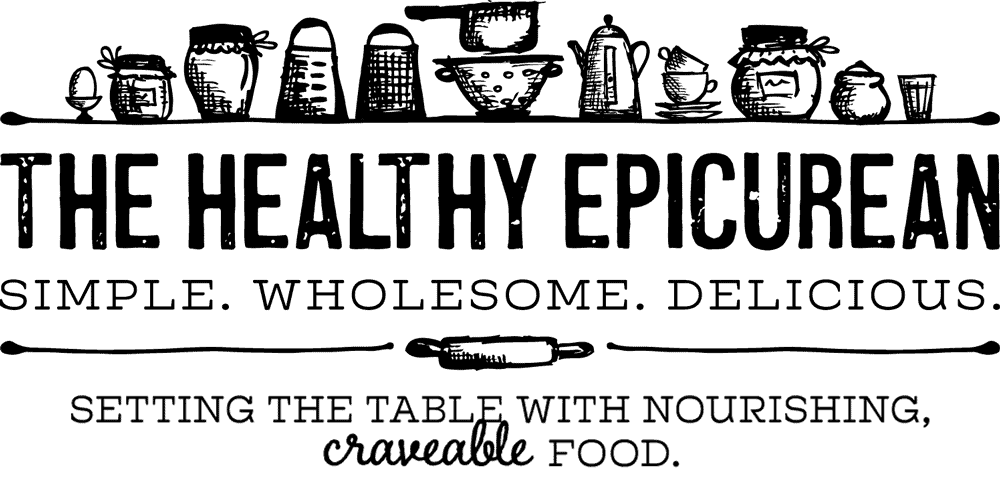
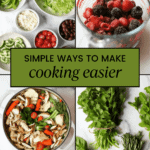
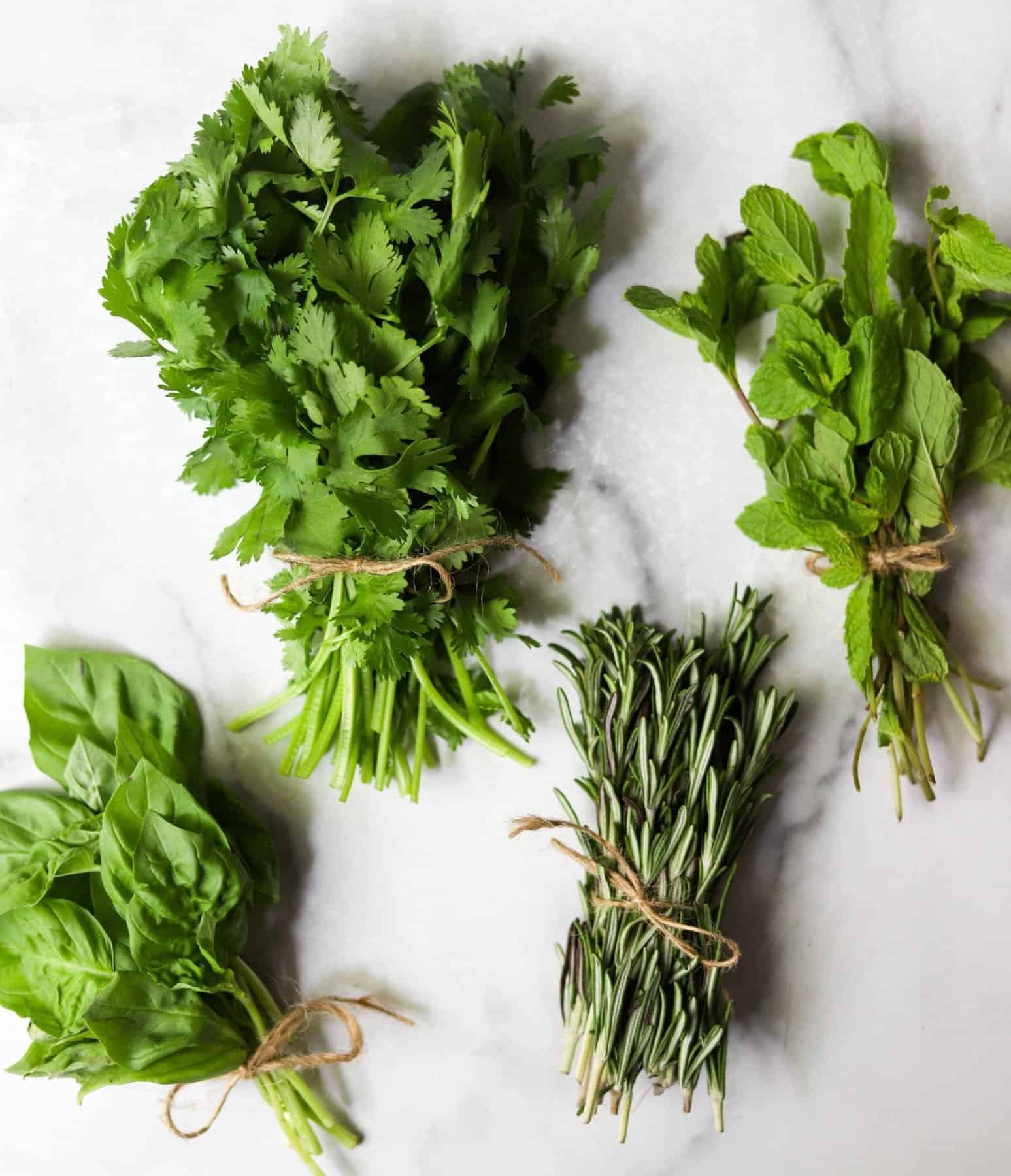
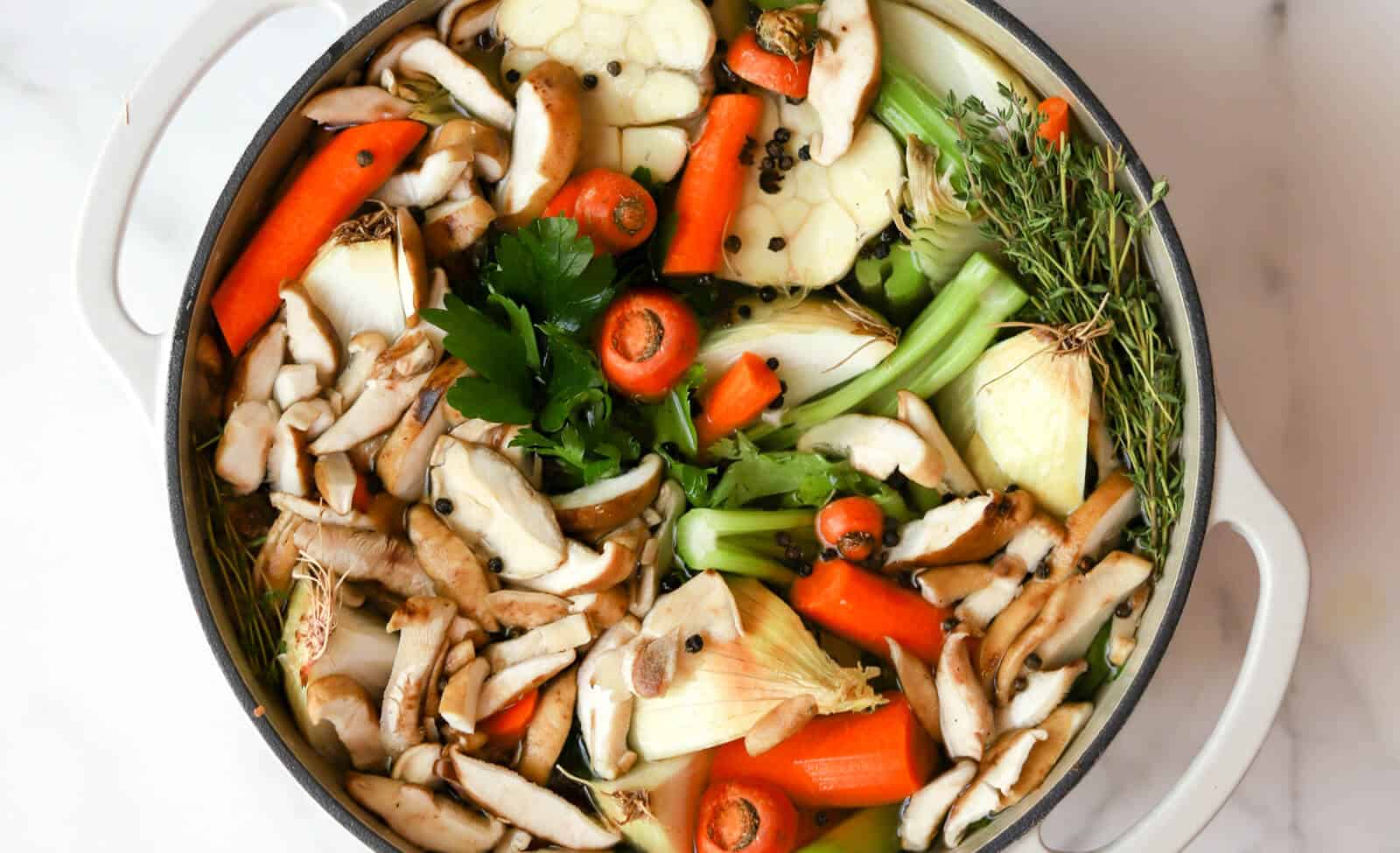
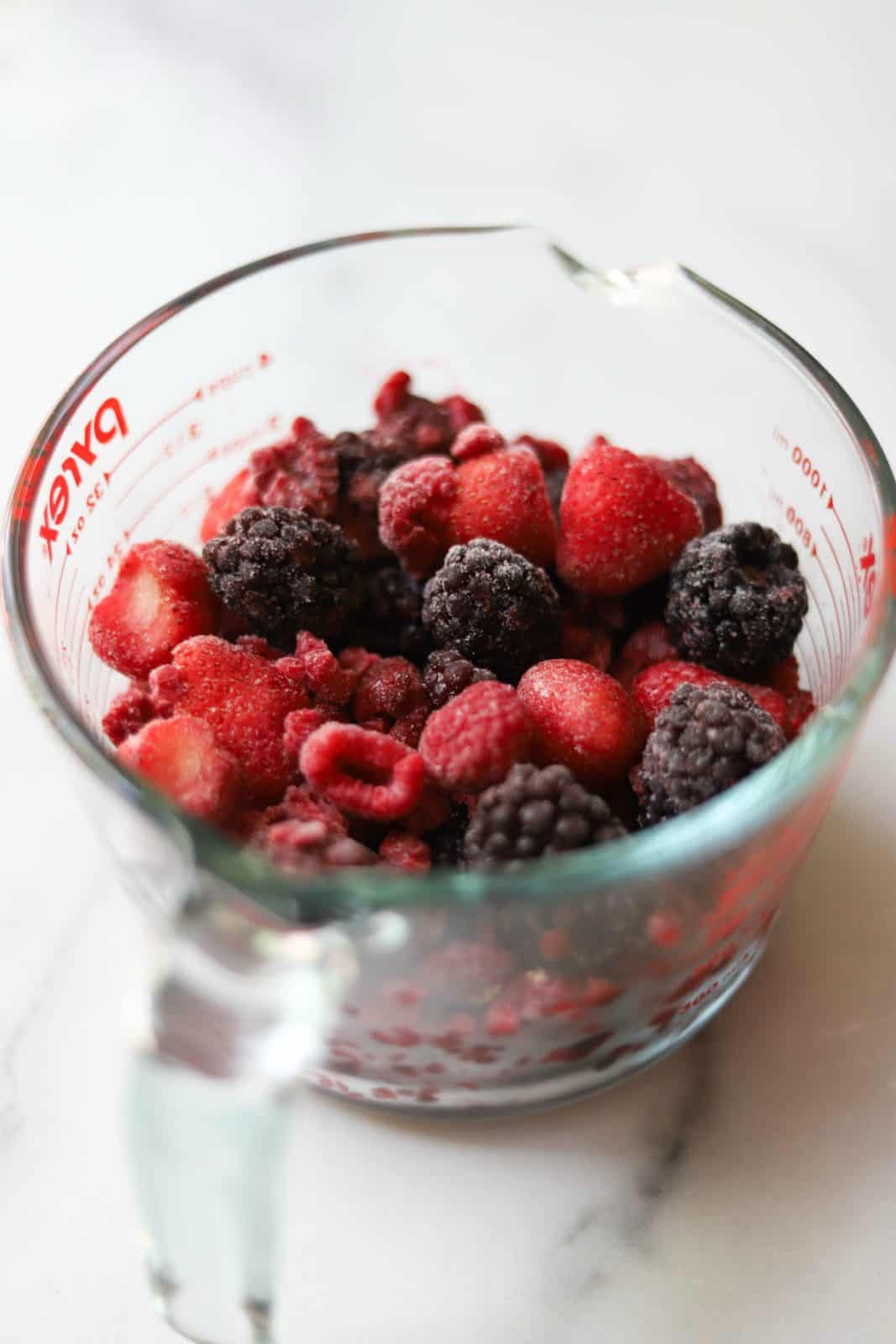
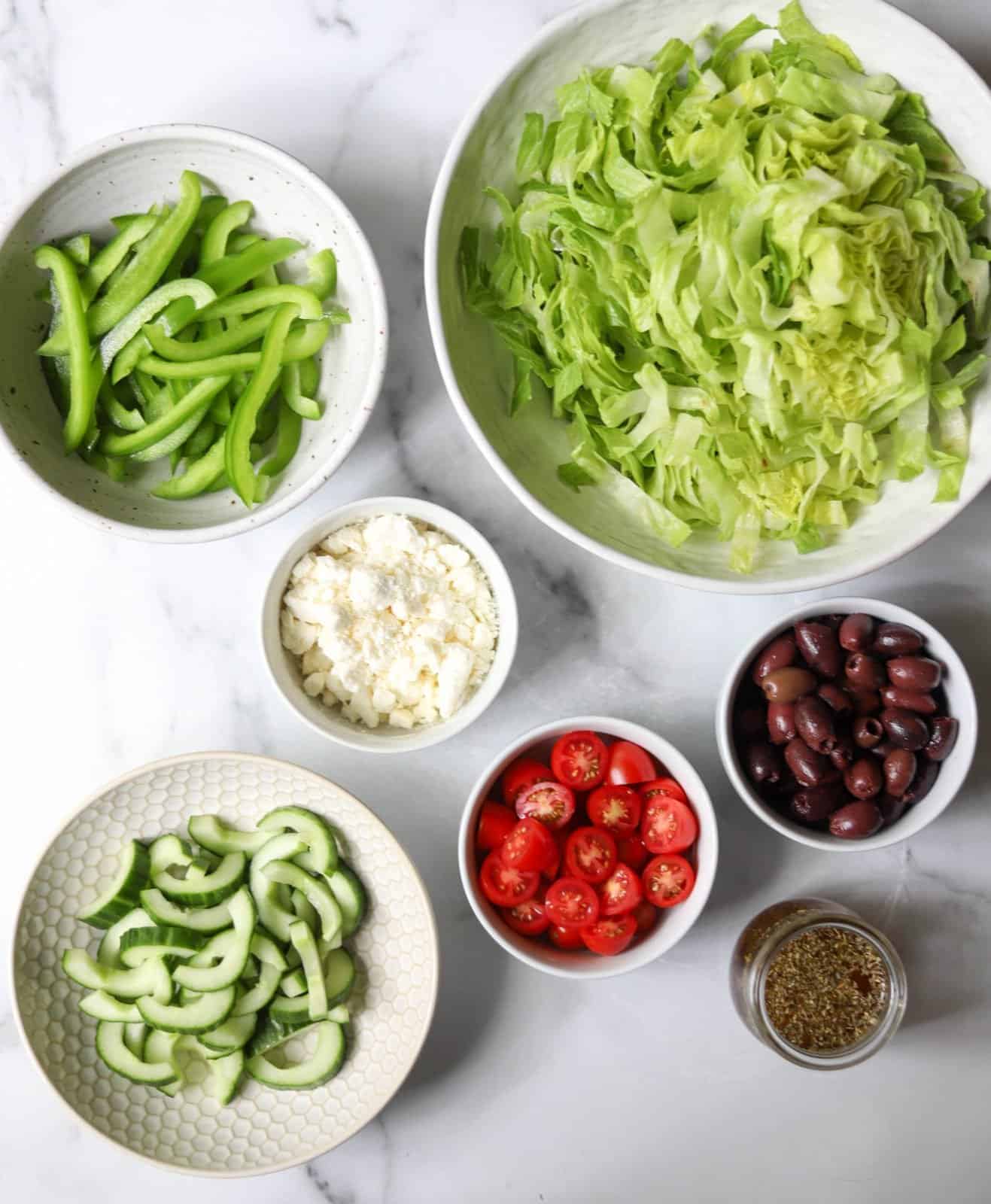
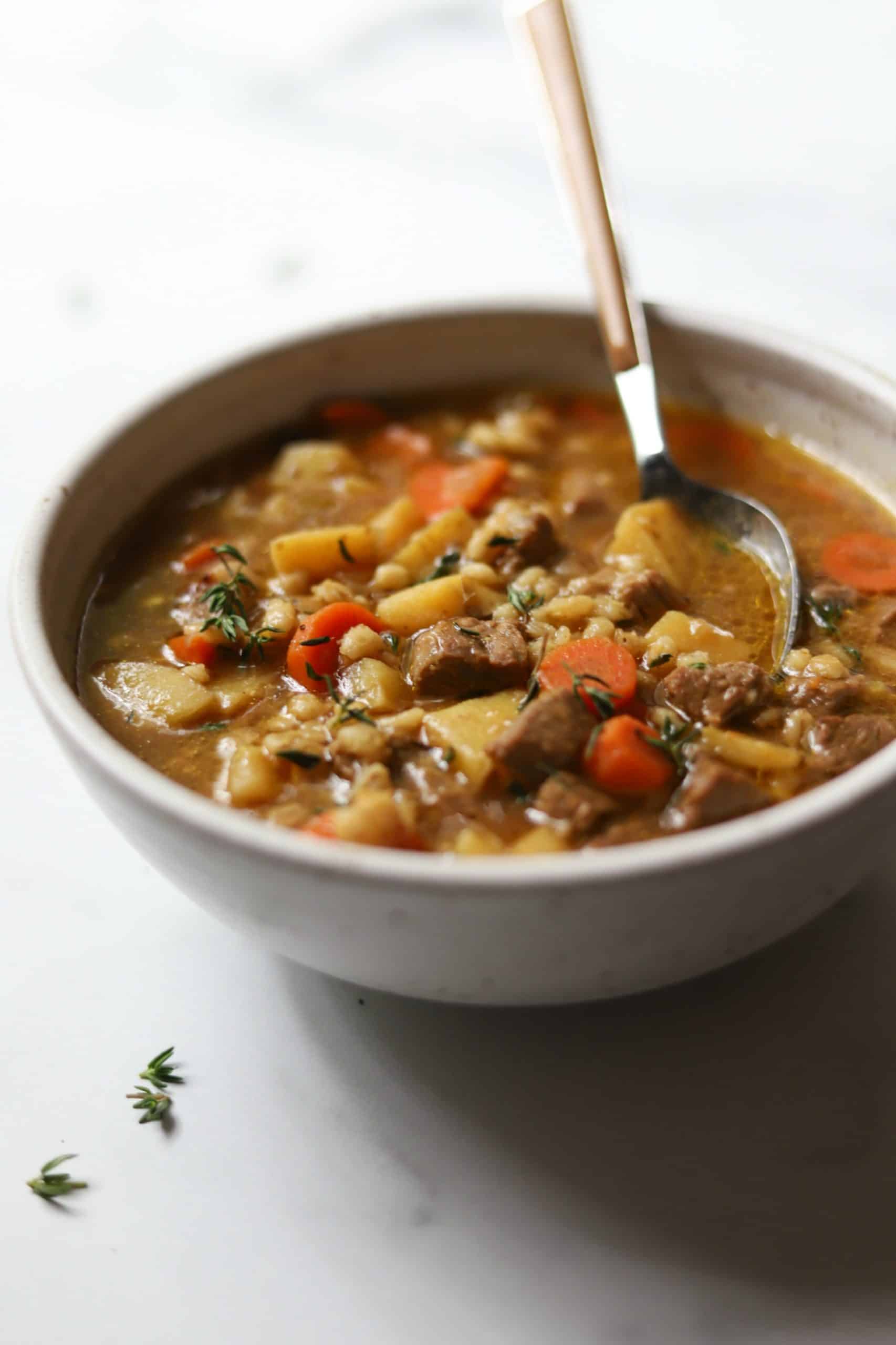
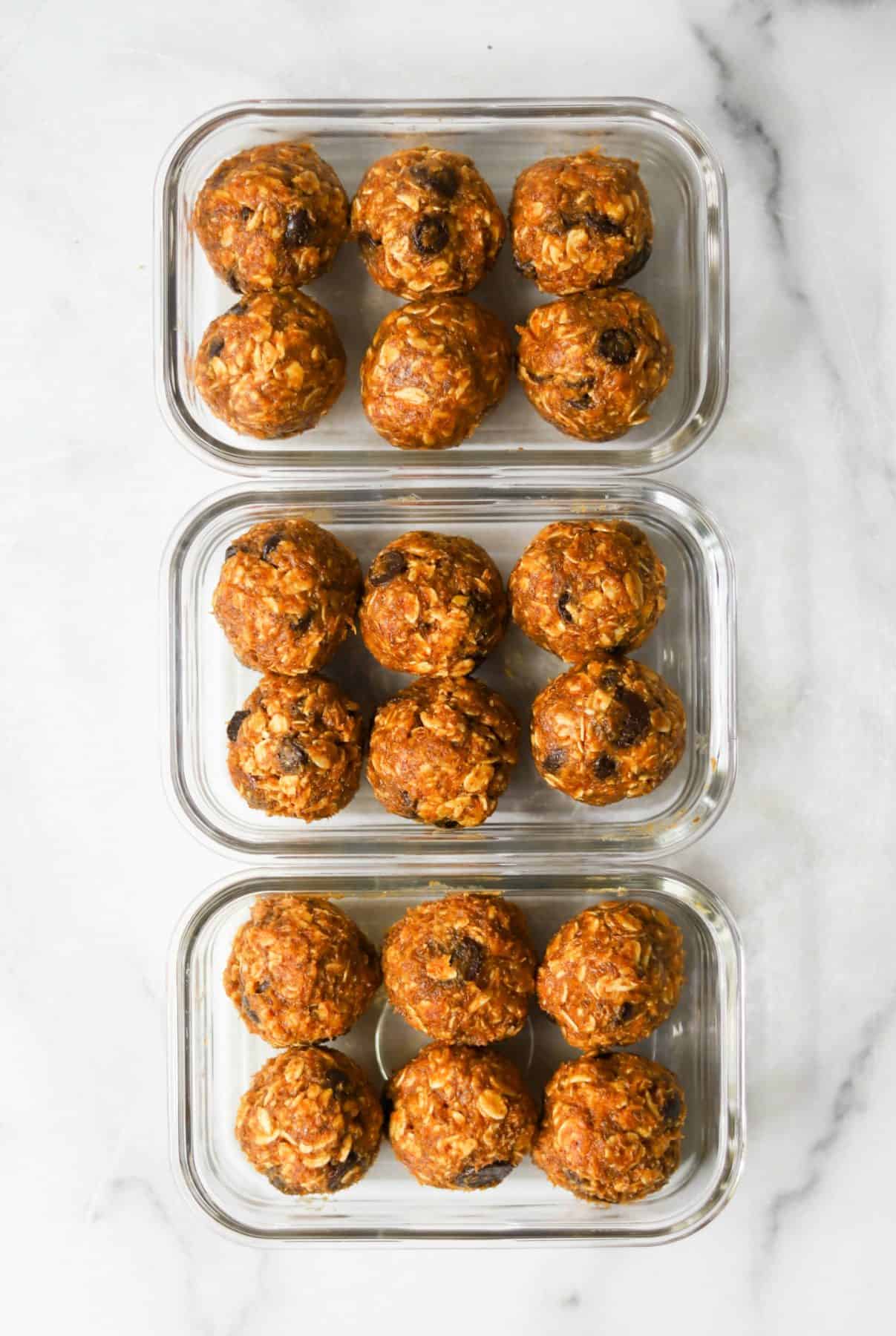
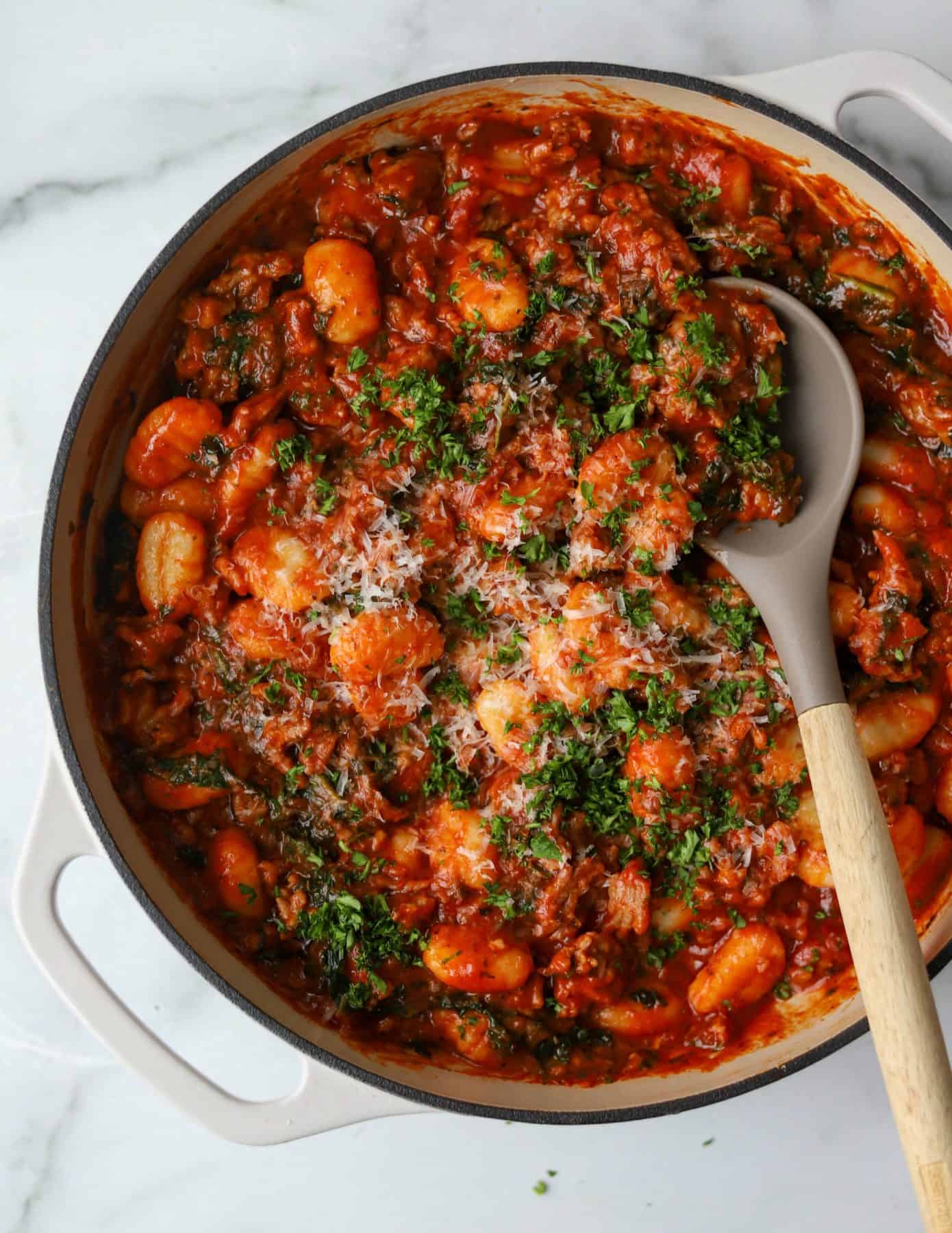
Leave a Reply